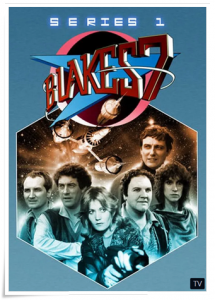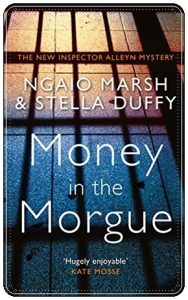Stop Press
by Michael Innes; audiobook read by Matt Addis (Bolinda, 2013)
originally published as “The Spider Strikes” (Dodd, Mead and Company, 1939)
A triumph of sustained tedium. Innes wields a beautiful turn of phrase, yet Appleby’s only notable achievement across 17+ audiobook hours of pointless, pontificating conversations, plumping out of superfluous characters and mendacious touting of murder in the offing, is to stay awake.







![Book cover: “The Secret of Spiggy Holes” by Enid Blyton (Basil Blackwell, 1940) [reprinted Armada, 1965]](https://www.derelictspacesheep.com/wp-content/uploads/2023/07/Blyton_Secret-Spiggy-Holes-300x229.jpg)

![Book cover: “It Shouldn’t Happen to a Vet” by James Herriot (Michael Joseph, 1972); review of the audiobook read by Nicholas Ralph (Macmillan, 2020) [as part of “All Creatures Great and Small”]](https://www.derelictspacesheep.com/wp-content/uploads/2023/06/Herriot_It-Shouldnt-Happen-to-a-Vet-201x300.jpg)
![Book cover: “A Pony in the Luggage” by Gunnel Linde; trans. Anne Parker; ill. Richard Kennedy (J. M. Dent & Sons, 1968) [Puffin, 1972]](https://www.derelictspacesheep.com/wp-content/uploads/2023/06/Linde_Pony-in-the-Luggage-192x300.jpg)